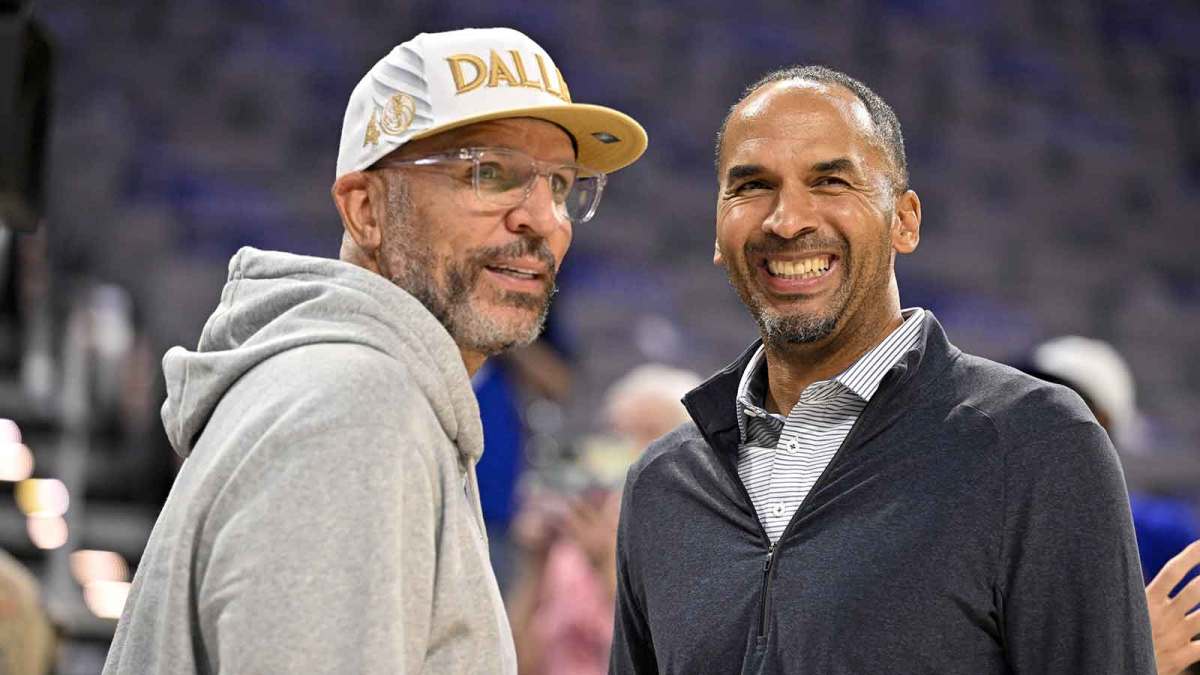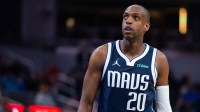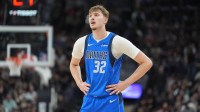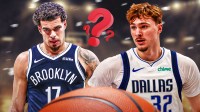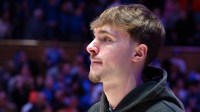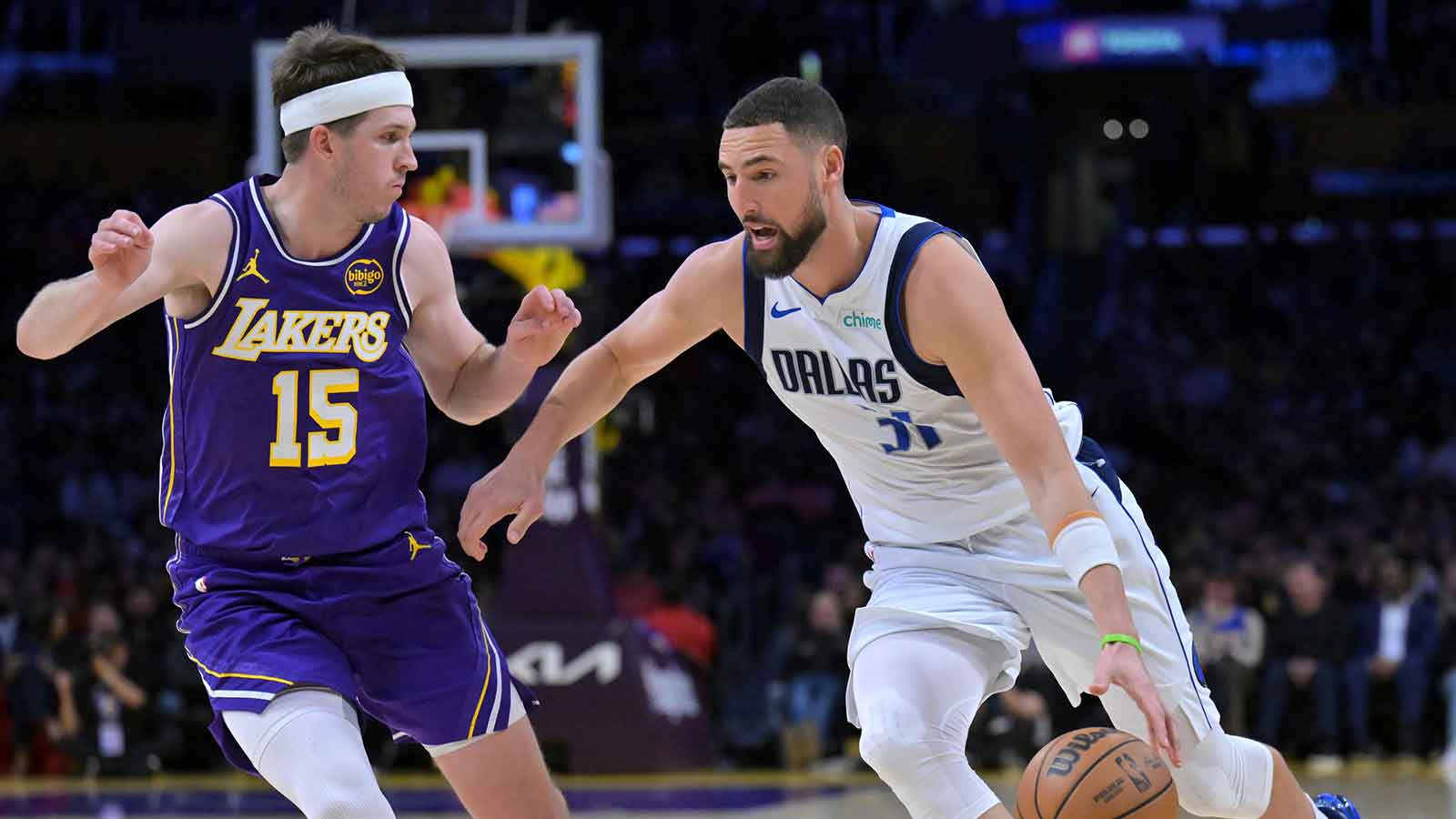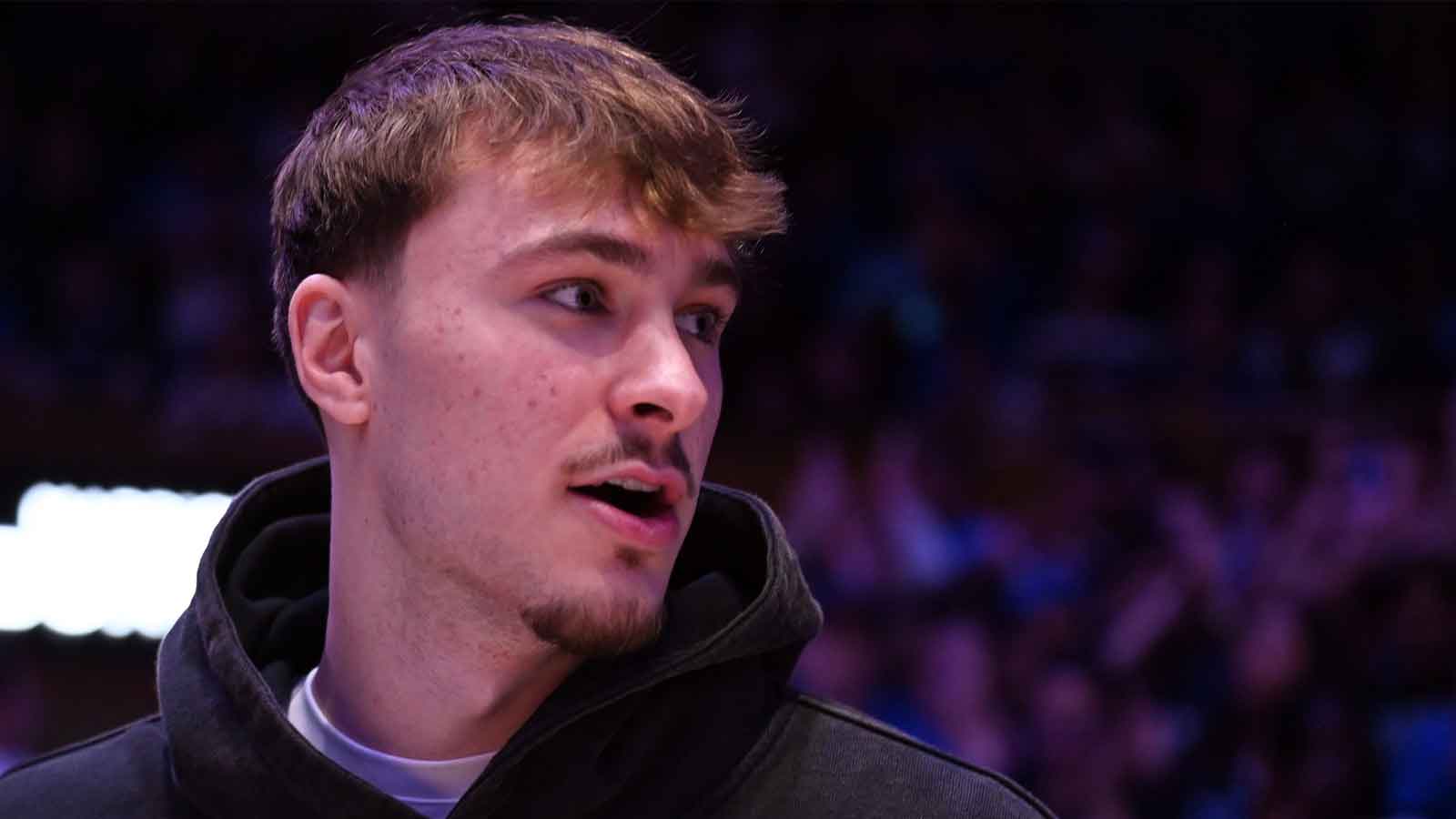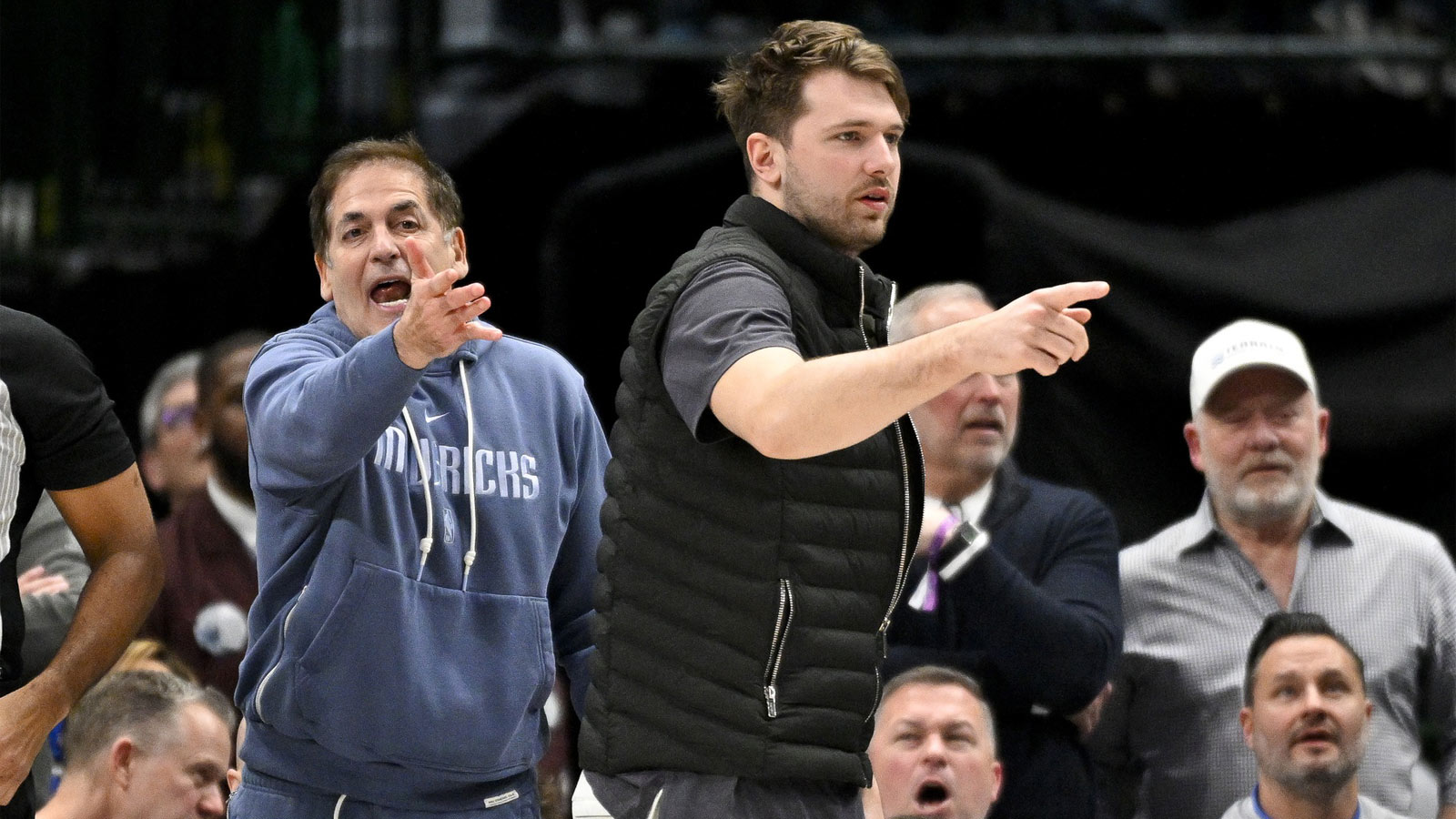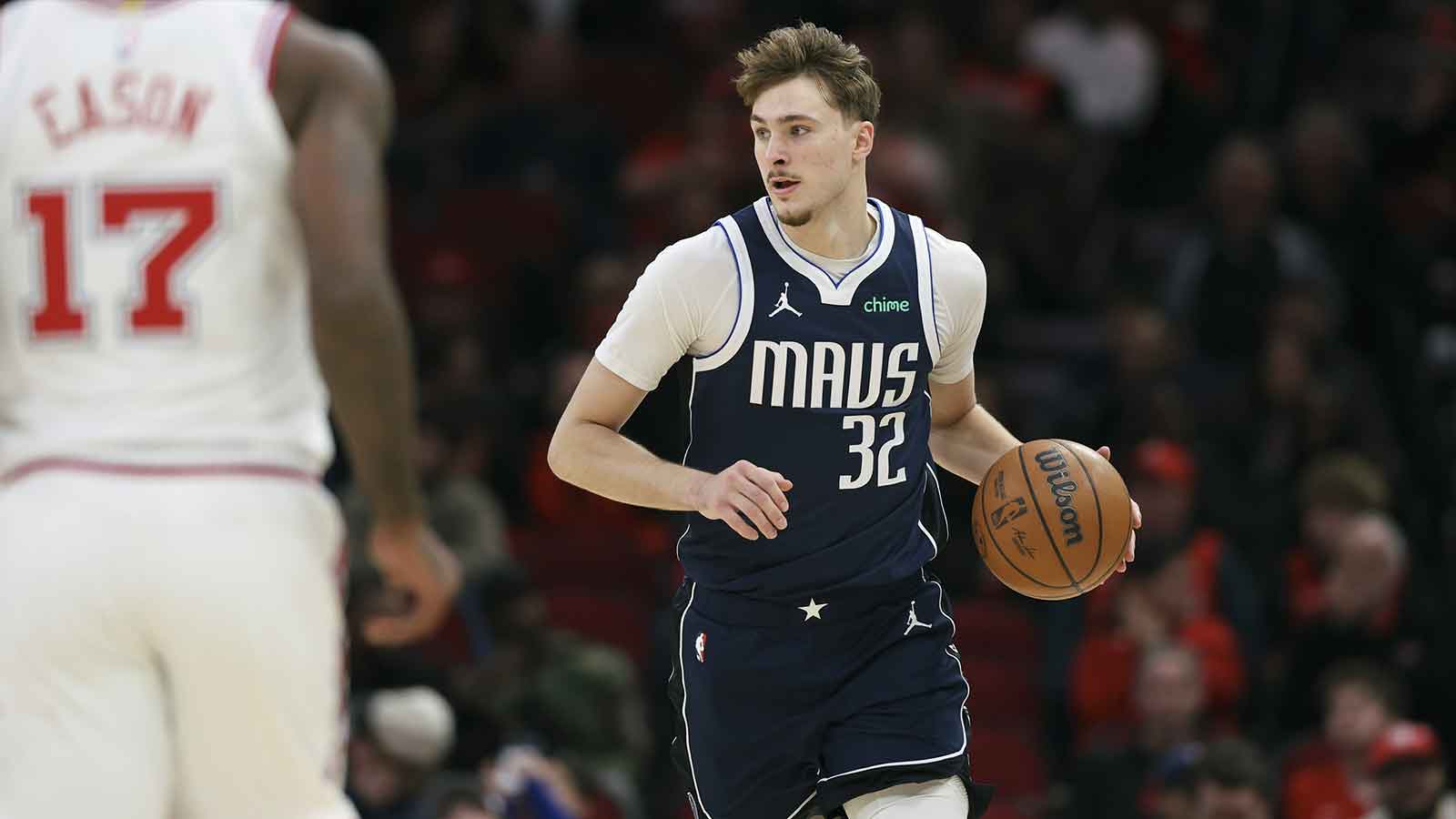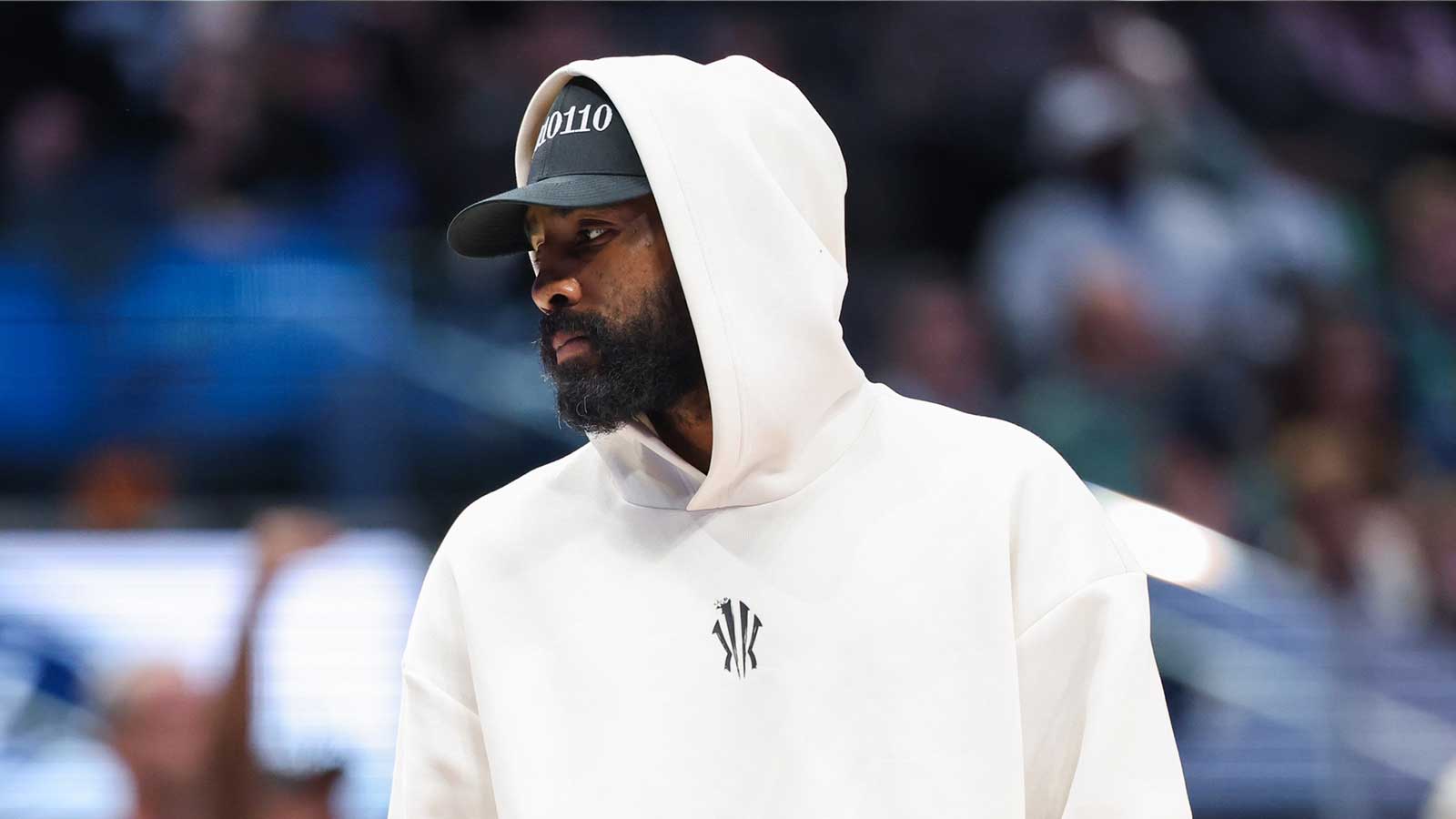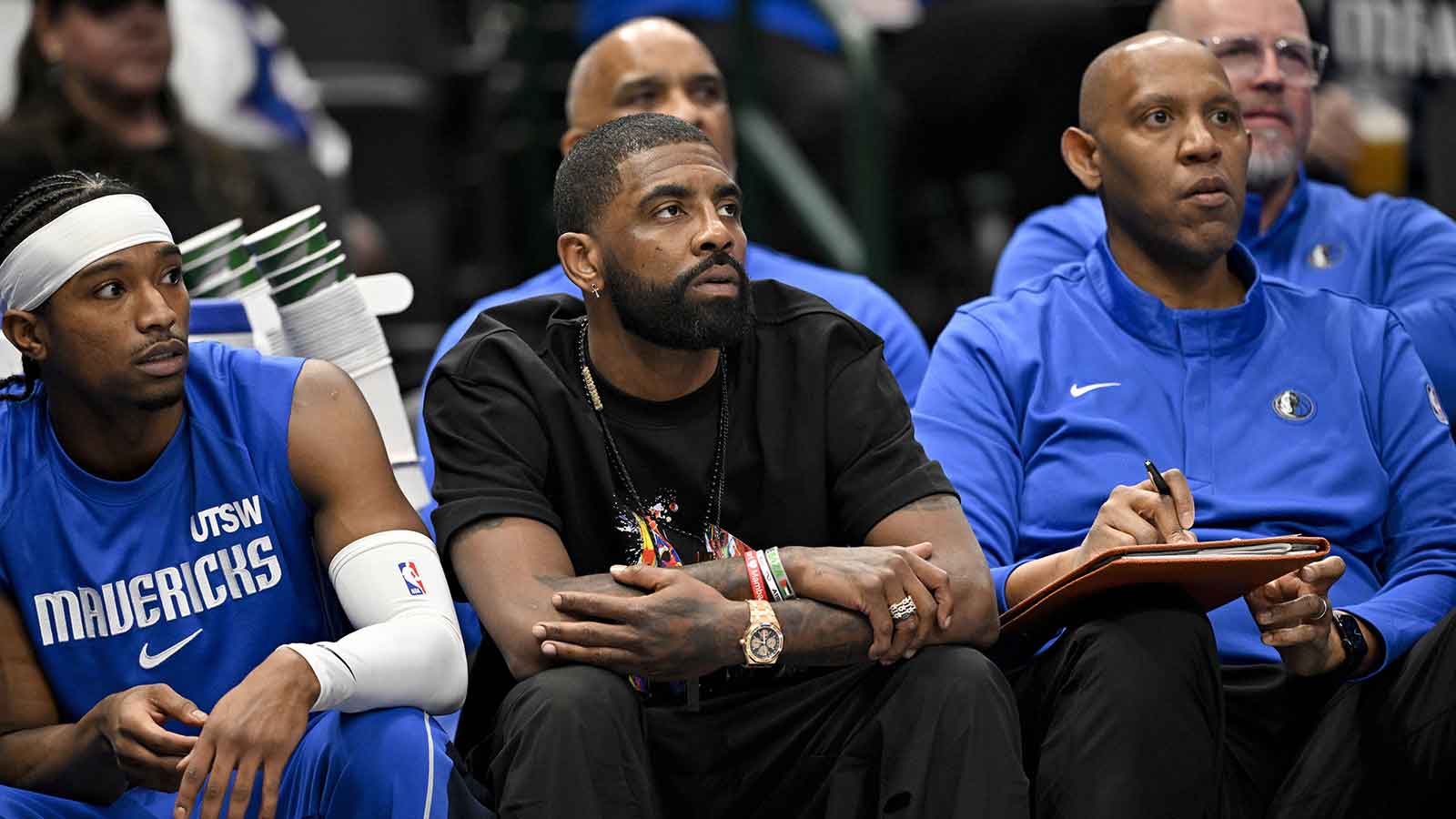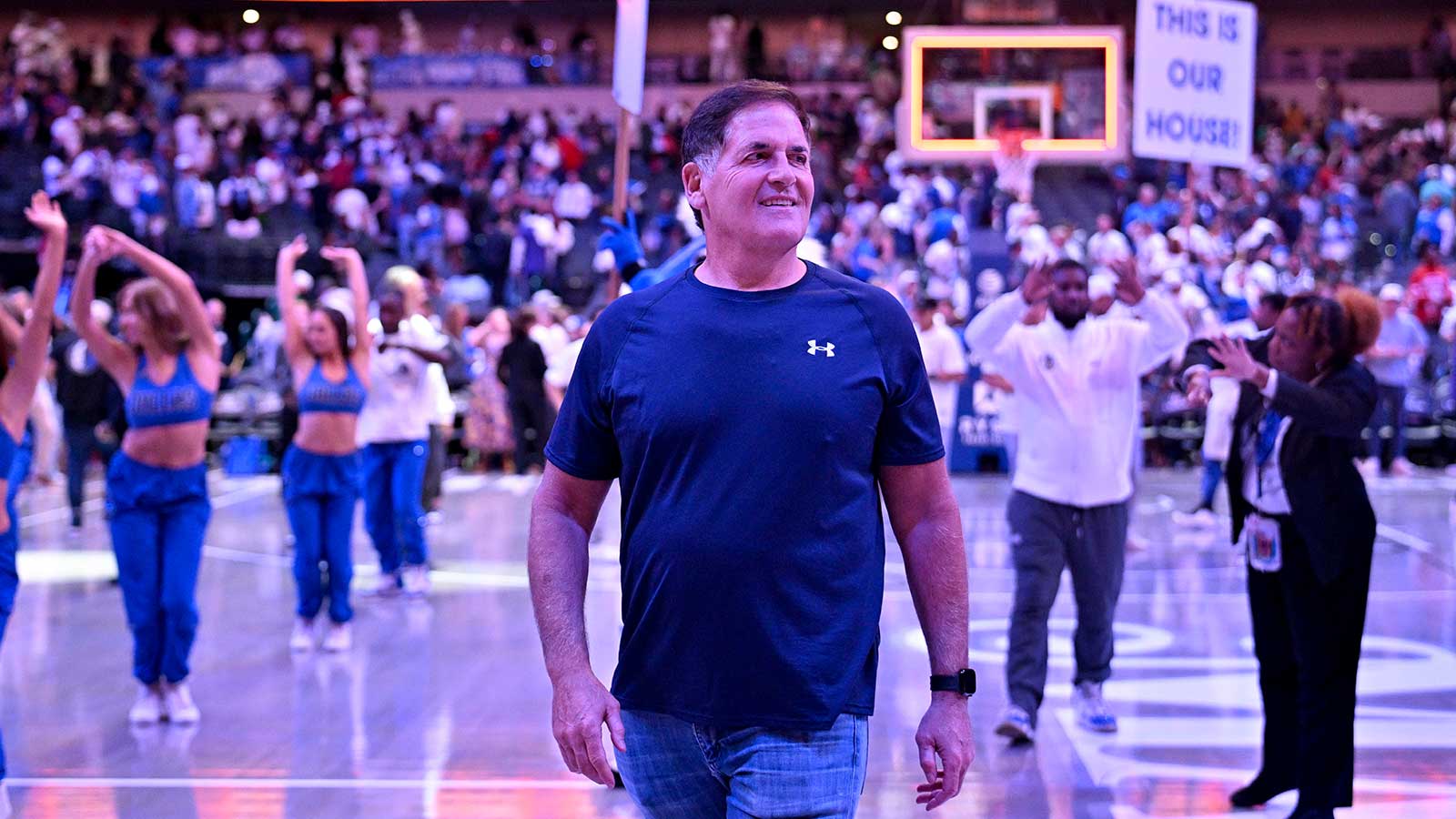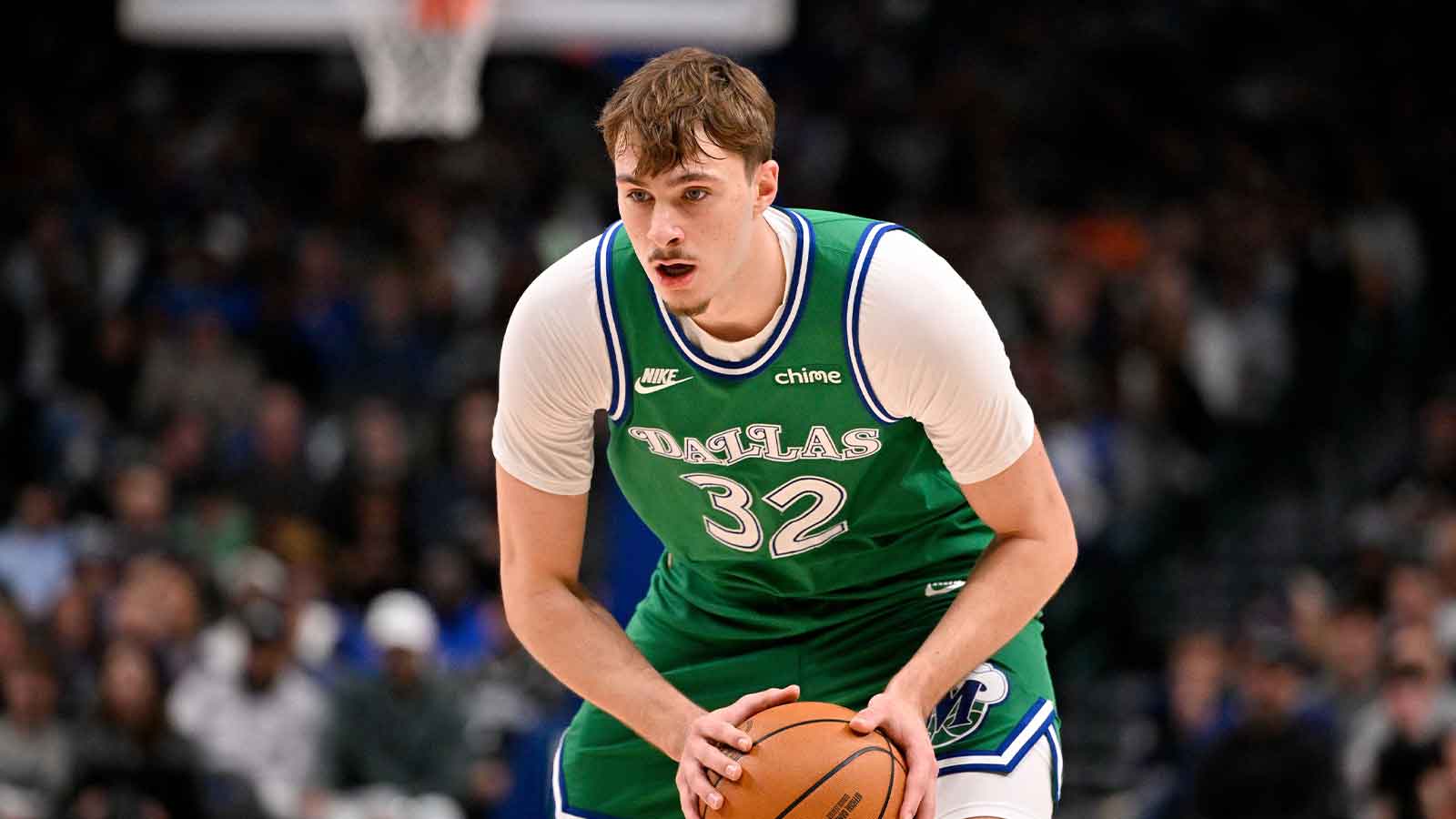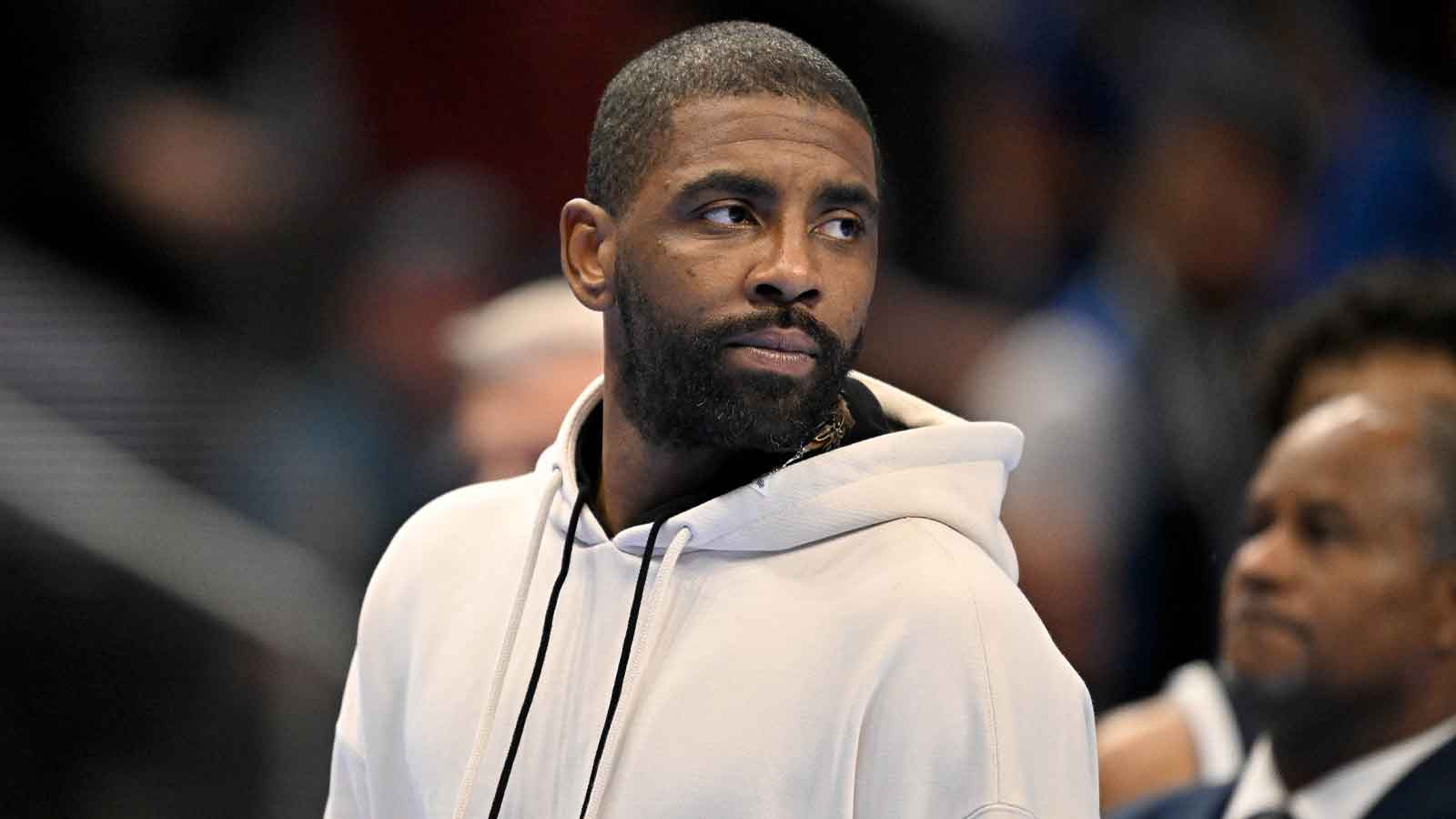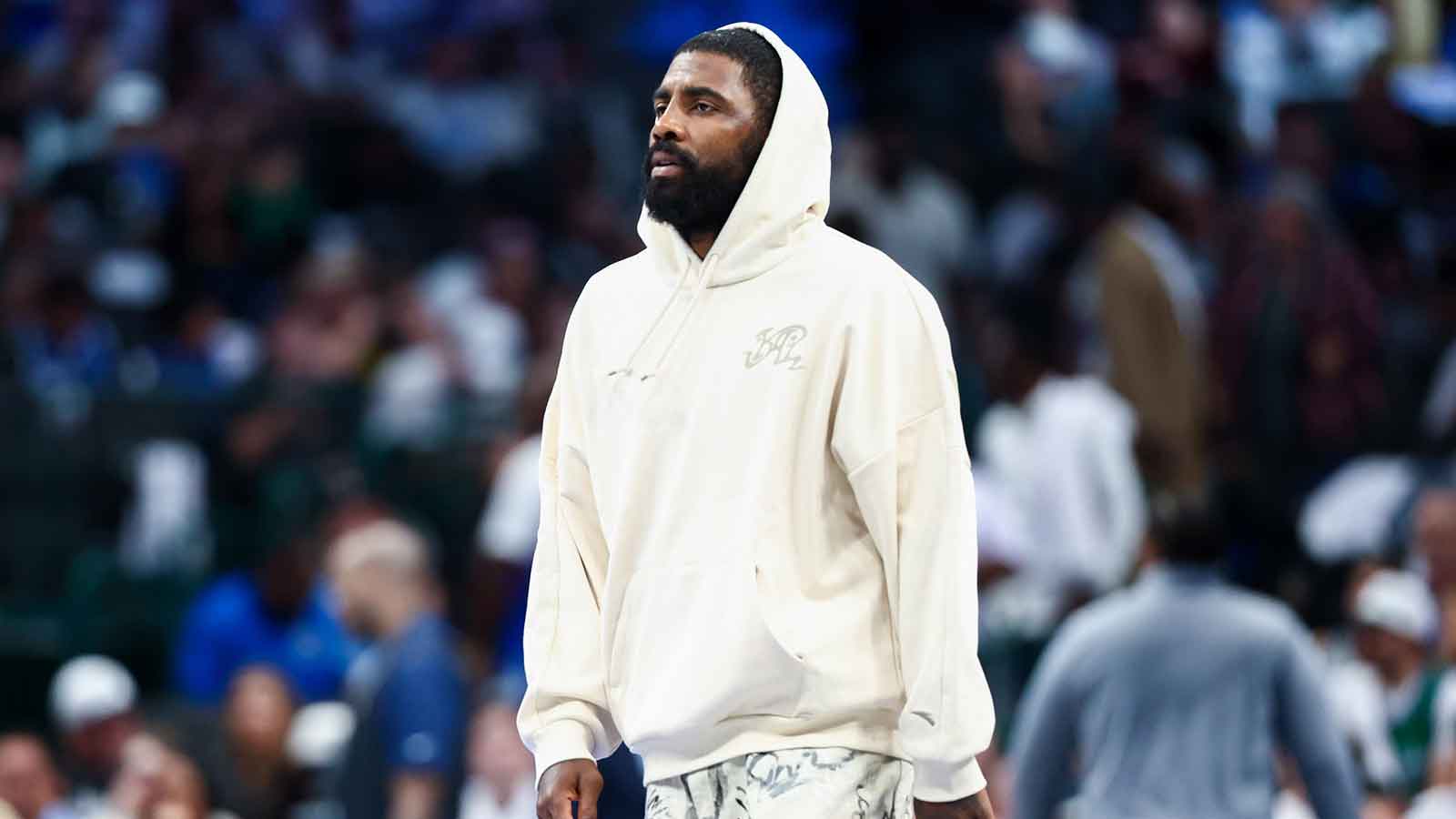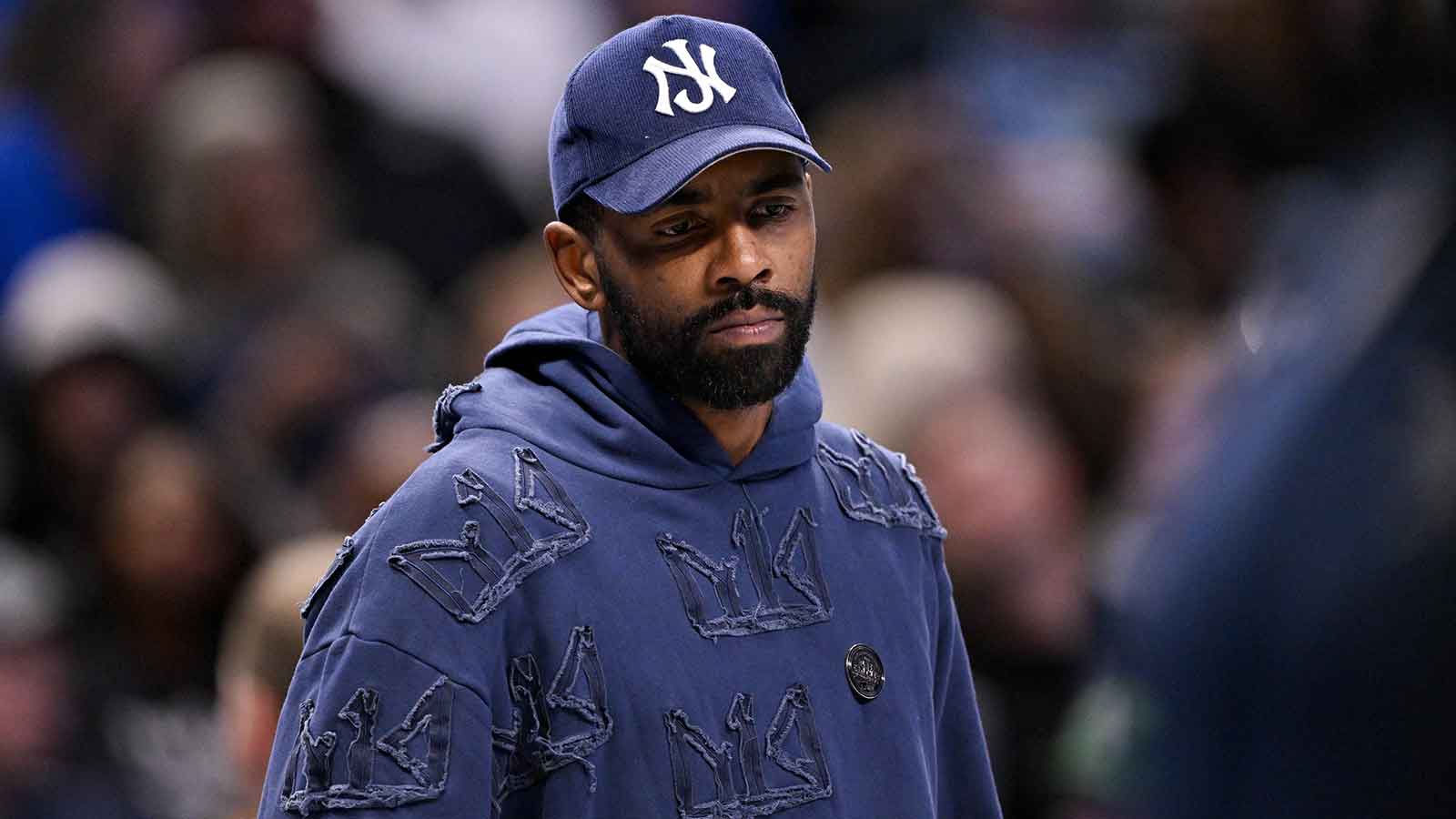Nine months too late. That’s the painful truth for Dallas Mavericks fans after the firing of general manager Nico Harrison, whose decision to trade Luka Dončić to the Los Angeles Lakers for Anthony Davis, Max Christie, and a single first-round pick will likely go down as one of the most disastrous moves in modern NBA history.
Owner Patrick Dumont finally pulled the plug on Tuesday, ending a chaotic chapter defined by short-sighted roster decisions, injuries, and public embarrassment.
The Mavericks, now 3-8 and looking utterly directionless, have to find a new architect who can restore credibility, salvage the remaining roster, and build around Cooper Flagg, the 18-year-old phenom who might just be the franchise’s saving grace. Flagg’s emergence has given Dallas a glimmer of hope in an otherwise dismal season.
Now, it’s about finding the right leader to build that future. The next general manager of the Mavericks must be someone who commands respect across the league, understands the balance between analytics and locker-room intuition, and can steady a franchise that has completely lost its identity. Three names stand out, and each brings a different path forward.
Bob Myers: The proven builder and voice of stability
If there’s one man who can bring instant credibility back to the Mavericks’ front office, it’s Bob Myers. The former Golden State Warriors general manager is a four-time NBA champion executive with an unmatched reputation for blending basketball IQ, player relationships, and culture-building.
THE DALLAS MAVERICKS HAVE A GENERAL MANAGER OPENING 👀
BOB MYERS TO DALLAS!? 👀 pic.twitter.com/QfOOwU1r2R
— Dallas Nation (@TheDallasNation) November 11, 2025
Myers built the Warriors dynasty by recognizing the value of harmony between stars and role players, something Dallas has sorely lacked since the Dončić-Kyrie Irving pairing imploded. His ability to navigate egos and construct sustainable, winning systems would immediately stabilize the Mavericks’ internal chaos.
From a personnel standpoint, Myers could construct a new roster identity around Cooper Flagg’s versatility and defensive instincts, pairing him with long-term fits rather than injury-prone superstars. He’s also respected by players across the league, which would make Dallas a more attractive destination for free agents and future trade targets.
The challenge would be luring Myers back into the grind of front-office life after his self-imposed break. But if Dumont offers him full control and the chance to restore a fallen franchise, Myers’ competitive spirit might just be sparked again.
Dirk Nowitzki: The legacy leader and cultural reset
If Dallas wants to repair its relationship with the fan base and re-establish a sense of pride, there’s no more symbolic choice than Dirk Nowitzki. The franchise legend has already been serving as a special advisor, but stepping into a lead executive role would represent a full-circle moment, the icon returning to rescue the team he once led to glory.
While Nowitzki lacks front-office experience, his leadership qualities are undeniable. He understands the city, the fanbase, and what it takes to build a winning culture in Dallas.
I promise you Nico Harrison would have traded Dirk Nowitzki and prevented this moment from happening. pic.twitter.com/SS1hpeF7by
— TGK (@TheGarciaKidd_) November 7, 2025
Having spent his career under the tutelage of sharp basketball minds like Don Nelson and Rick Carlisle, Dirk has seen every side of team-building, from draft development to veteran leadership to championship chemistry.
Surrounding him with a strong executive team could allow him to focus on vision rather than operations. His presence alone would restore trust and inject belief into the locker room. Cooper Flagg, still just 18, could benefit tremendously from Dirk’s mentorship both on and off the court, a bridge between generations of greatness.
And perhaps most importantly, a Dirk-led front office would ensure that the Mavericks never again trade away a generational player like Luka Dončić for pennies on the dollar.
Steve Nash and David Griffin: The basketball minds who blend experience and adaptability
If Dallas is looking for a blend of innovation and proven experience, Steve Nash and David Griffin represent fascinating options for different reasons.
Nash, another former Maverick, has always been known for his basketball intellect and leadership. Though his coaching stint in Brooklyn was rocky, many around the league believe he’s better suited for an executive role, one where his empathy, communication, and creativity can shine without the constant pressure of game-night decisions.
Nash understands the modern NBA player and could foster a culture built on connection and collaboration, something this fractured Mavericks roster desperately needs.
If the Mavs don't have a call into David Griffin yet, might want to. https://t.co/3wrXmm0289
— J3 (@thejohnmarx) November 11, 2025
David Griffin, on the other hand, offers institutional experience and a history of rebuilding. As the architect of the 2016 Cleveland Cavaliers’ championship roster and a respected voice in player relations, Griffin could bring a steady hand to Dallas.
He knows what it takes to manage stars, from LeBron James to Anthony Davis, and how to construct depth around them. In Dallas, Griffin could use that experience to create a sustainable supporting cast around Cooper Flagg and Anthony Davis while untangling the roster’s salary cap mess.
Both Nash and Griffin bring different strengths, one cerebral and forward-thinking, the other pragmatic and experienced, but either would immediately upgrade Dallas’ front-office acumen.

